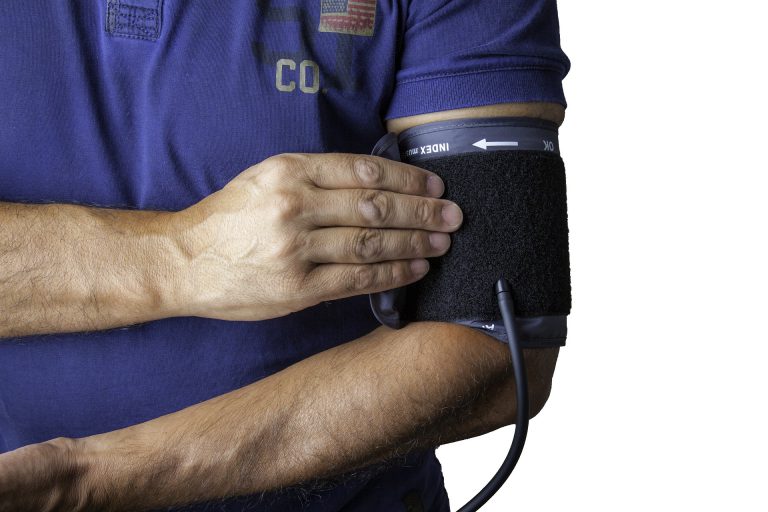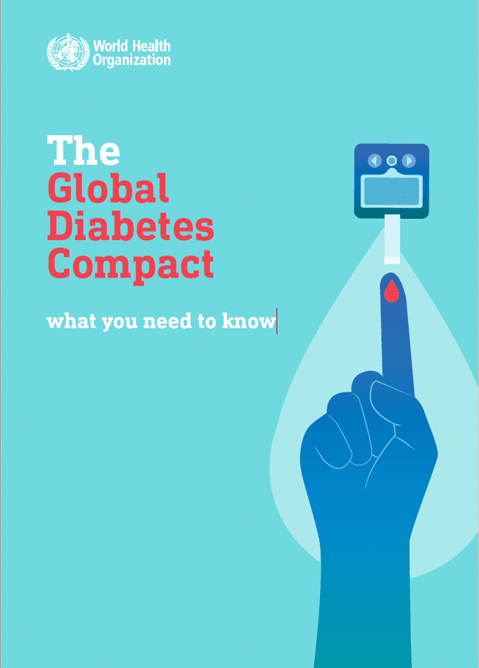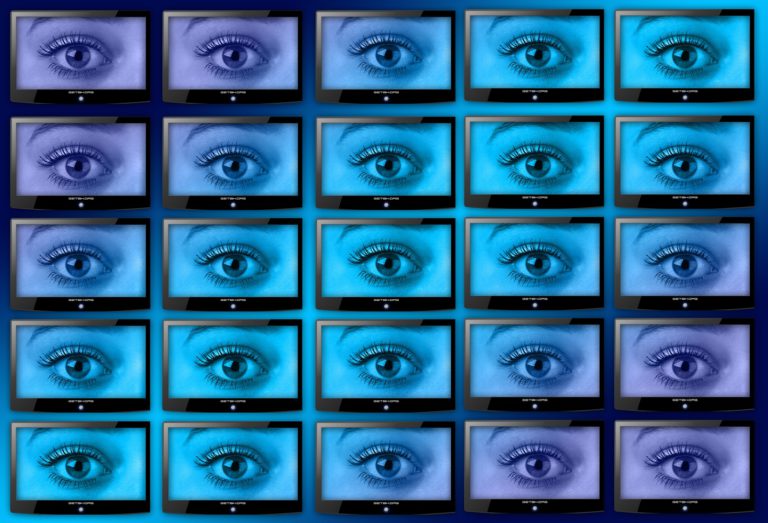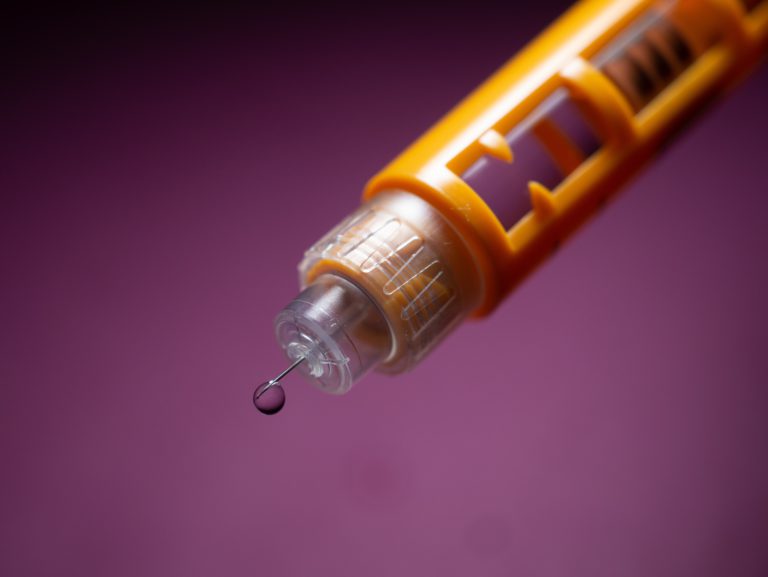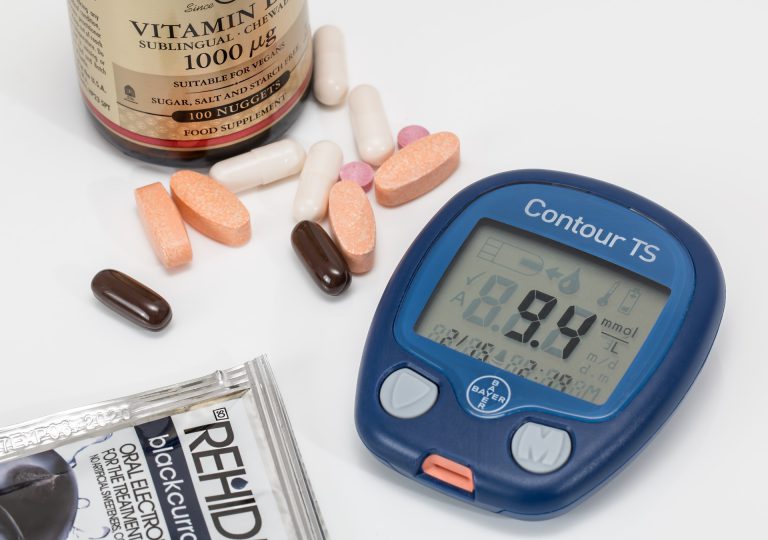What Are the High Blood Pressure Complications of Diabetes?
It is quite common for persons living with diabetes to develop hypertension and vice versa. In fact, in many cases, patients are diagnosed with hypertension during their routine visits to a doctor for diabetes control. Hypertension – or elevated blood pressure – puts extra strain on your blood vessels and can critically increase your risk of developing coronary artery disease, heart failure, chronic kidney disease and diabetes. The link between hypertension and diabetes needs to be evaluated carefully in order to control both these conditions. Here is a brief discussion about how diabetes and hypertension are linked.
How does diabetes cause hypertension?
Type 1 diabetes occurs when the pancreas does not produce an adequate amount of a hormone called insulin needed to metabolize carbohydrates. As a result, glucose can not enter the body cells to provide energy and tends to get accumulated in the blood. Persistently high levels of sugars in the blood result in widespread damage to the blood vessels, heart, and kidneys. These organs play a role in maintaining normal blood pressure. Damage to these organs hampers the body’s ability to control blood pressure thus increasing the risk of
How does hypertension cause diabetes?
Changes in the production of cortisol and antidiuretic hormone associated with hypertension can result in an imbalance in the levels of other hormones in the body such as insulin and thyroid hormones. Hypertension can also cause damage to the body tissues as it reduces the supply of oxygen and vital nutrients to the cells and tissues. This can affect the ability of insulin receptors to respond to the insulin produced in the pancreas and lower the effectiveness of insulin for reducing blood sugar levels. This is how patients with hypertension develop high glucose levels resulting in diabetes.
What is the link between diabetes and hypertension?
Similar risk factors
What makes persons with diabetes type 2 more prone to develop hypertension is that diabetes and hypertension share common risk factors. Obesity, high cholesterol levels, mental stress, sedentary habits, and an unhealthy diet known to trigger the development of diabetes can also increase the risk of hypertension. Hence, diabetic care should include taking steps to control weight, reduce cholesterol, regular exercises, and eating a nutritionally balanced diet. Adopting these measures along with the regular use of anti-diabetic drugs can help them control diabetes while preventing hypertension.
Effect on eyesight
Both diabetes and hypertension are known to affect the eyesight of a person through different mechanisms. Diabetes causes narrowing of the retinal blood vessels due to which patients can develop diabetic retinopathy. Diabetes is also linked to a higher risk of cataracts. Similarly, hypertension can affect the patient’s vision by triggering damage to the blood vessels in the retinal tissue. Hence, eye care must form an integral part of a comprehensive treatment of diabetes and hypertension.
Conclusion
Persons diagnosed with diabetes need to understand what makes them more prone to develop hypertension. It is uncontrolled diabetes that can specifically increase the risk of hypertension and its complications such as diabetic retinopathy. This is why persons living with diabetes are advised to take medications regularly and follow appropriate dietary and lifestyle guidelines as recommended by healthcare providers. This will not only help to control their blood sugar levels but also reduce their risk of hypertension.

